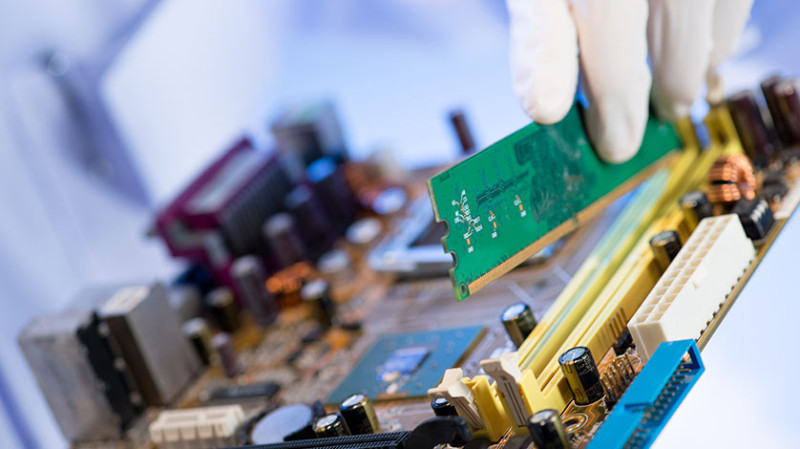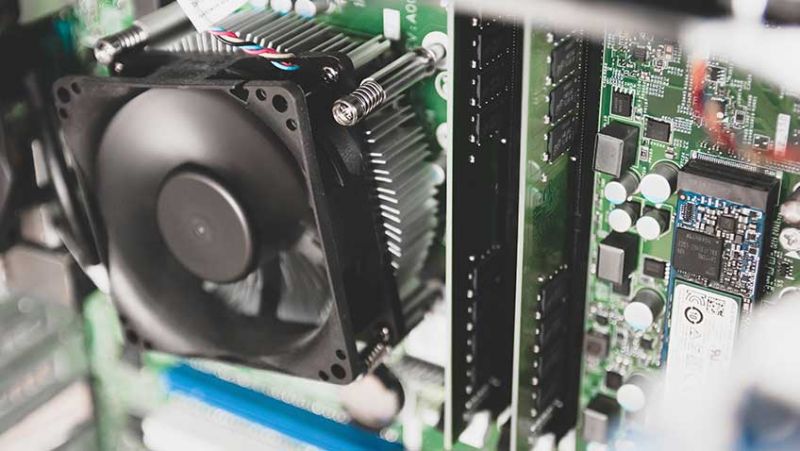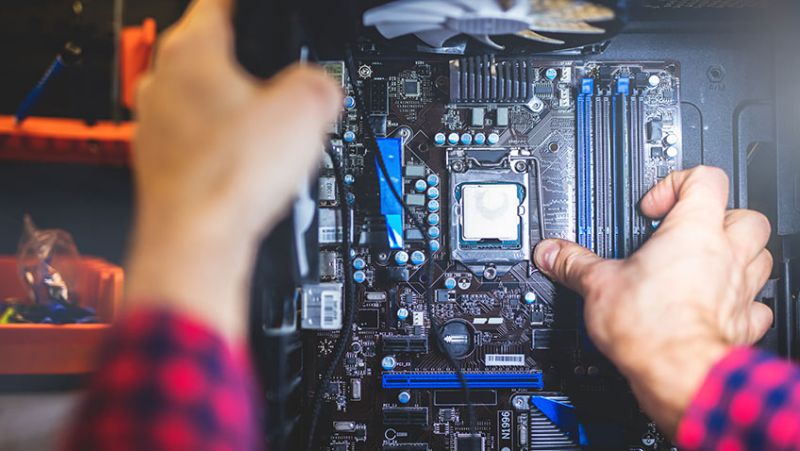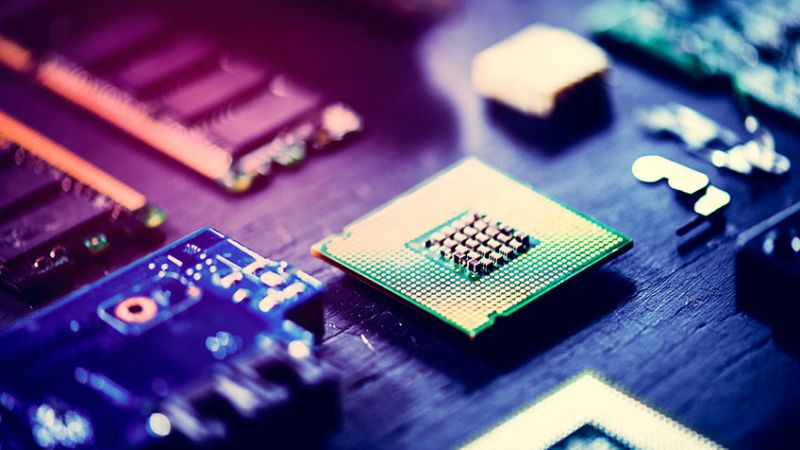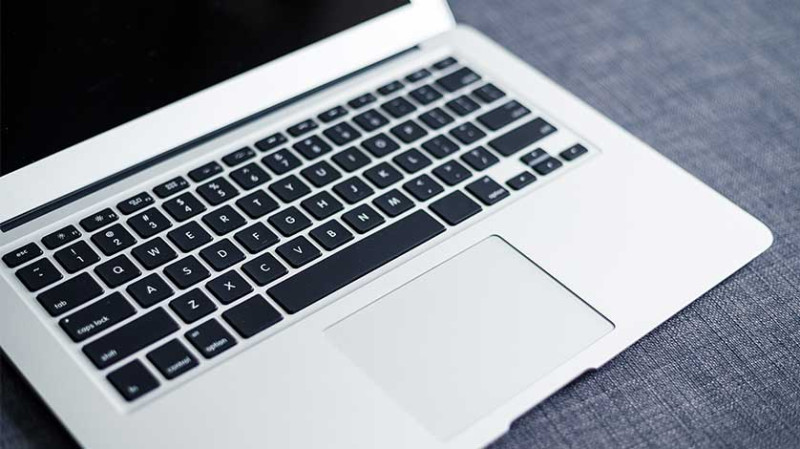
When selecting a second hand laptop, you need to be aware of the risks and rewards of such a purchase. It is important to ensure that you select the right laptop for your needs, however, you can often find devices at significantly lower prices than when you bought new in-store. You should inspect the machine for physical damage and inherent faults, check the battery life and power adapter, check the machine’s specifications and whether it meets your computing requirements, and ascertain its age (older devices may not support certain software). Make sure its operating system is legitimate and current, as well as consider how much additional money you will need to invest into this device if anything else needs replacing. Doing your research can help save hundreds before deciding on your ideal used laptop.
Pros and Cons of Purchasing A Used Laptop
Purchasing a used laptop can be a great way to get your hands on quality tech without breaking the bank, but there are some important things to consider prior to purchasing. Laptops for sale may have older hardware which could limit performance and make them incompatible with certain functions or applications you plan to use. Additionally, an older laptop may have less storage space for software and files, or worse yet – there could be unknown damage from past users or hardware issues that you wouldn't notice until it's already too late. On the other hand, cheaper components of used laptops like a basic processor, smaller hard drives and lower RAM can offer good enough performance for everyday tasks and browsing the web. Depending on your needs and budget, buying a used laptop can be a smart choice as long as you do your research beforehand and make sure it meets your criteria.
Questions To Ask Before Buying a Refurbished Device
Before you buy a refurbished laptop, it is important to do your research and ask the necessary questions. Evaluate not just the price of the device and its specs, but also the collection of available services and support that comes along with it. What is the condition of the laptop? Look for any obvious cosmetic blemishes such as scratches, cracks and dents. Check if there are any missing parts or loose pieces in the laptop. Determine whether there is any damage to key components like motherboards, memory slots, and storage drives. Additionally, what percent guarantee or warranty is associated with buying a refurbished laptop? Ask questions about return/refund policies if you need to exchange or return the device. Finally, enquire about all fees (shipping fees etc.) that may be associated with the process. Asking these questions can save you time and money when purchasing a refurbished laptop.
Choosing the Right Model at the Best Price
To ensure you're making the best investment, there are several factors to consider. Start by researching different models to compare specs like processor speed, random access memory (RAM), storage capacity, and graphics processor. Establish a clear picture of what features you are looking for so that you know what to look for when shopping around. If cost is an issue, consider investing in a used laptop. You want to buy one that is barely used and still under warranty. Always make sure it has been checked out by a reliable technician knowledgeable in laptops or even go so far as researching if the out-of-pocket costs to repair if something fails are worth the risk versus spending a bit more money. Doing just a little extra leg work beforehand will save you lots of headaches down the road.
Advantages of Shopping for Preowned Devices
Used laptops can offer incredible value and savings compared to their newer counterparts, with the same make and model available for significantly less money. Beyond the cost savings, there are many additional advantages to consider when purchasing used laptops. One advantage is that users can often find laptops containing parts or software that no longer produced, granting them access to rare or obsolete technology that might otherwise be out of reach. As well, because most used laptops tend to be of older makes and models, they often have better durability than new laptops while running cooler and using less energy. With careful research and smart shopping practices, consumers can take advantage of all these benefits by choosing a used laptop over its newer counterpart.
How to Ensure Quality When Buying Second Hand Laptop
Doing research on what type of laptop is ideal for your needs can help you to make an informed decision. Make sure that you go over the specs and features of each laptop model before committing to buy one. Additionally, verifying reviews from reliable sources on both the laptop brand as well as the specific model you are interested in will give you greater peace of mind regarding your purchase. Checking the physical condition of any used laptop is also essential; bent hinges or cracks in the LCD panel may indicate a loosened motherboard or video problems, so it's important to check these before making a commitment. Ultimately, buying a new laptop may come with certain guarantees but by taking the right steps and being vigilant, investing in a quality used laptop can be just as beneficial.

